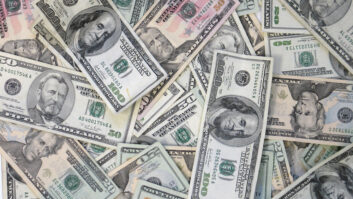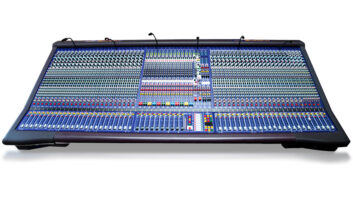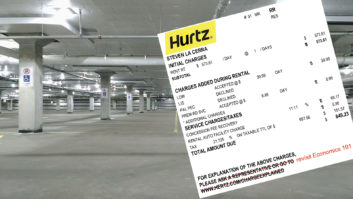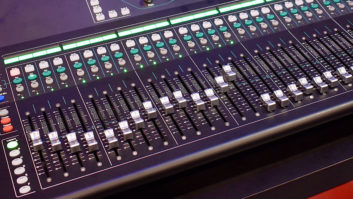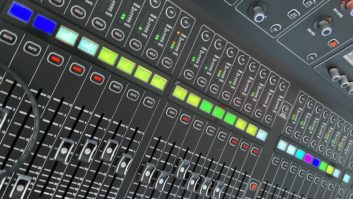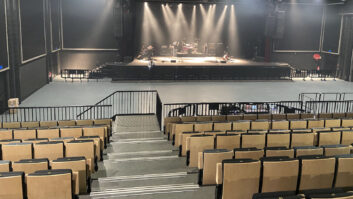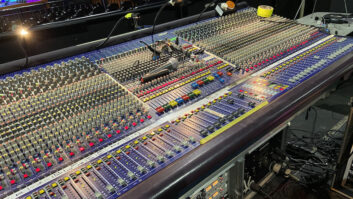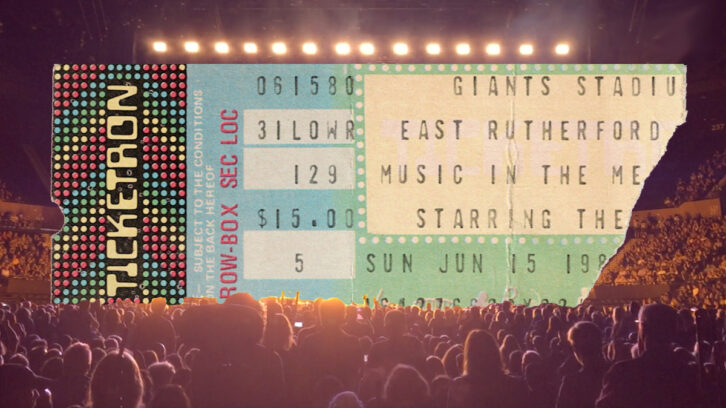
A few days ago, the Federal Trade Commission proposed a ban on hidden (“junk”) fees associated with the cost of items such as airline tickets, hotel rooms, and tickets to concerts and sporting events. If put into effect, the new rule would (among other things) force event ticket vendors to include all mandatory fees in the advertised price. It would also empower the FTC to fine ticket vendors that do not comply. The idea is not exactly new, having been voiced by President Biden earlier this year when he made his State of The Union address.
Many concert goers have experienced the frustration of purchasing a ticket on the primary market at an advertised price, only to find that when it comes time to check out, the real price is higher by as much as twenty percent. That’s a lot of scratch when you’re talking about a ticket with a face value of two or three hundred bucks (fairly common these days), or higher for a ticket to see an A-list artist. I remember back in my younger days when I was an avid concert-goer, the fees imposed by Ticketmaster (and Ticketron before that) were a few dollars per ticket — probably a net of a similar percentage, but back then we were talking about twenty bucks to see your favorite band, so $2.50 added to the price of a ticket was annoying but not enough to break the piggybank.
A few months ago, Live Nation announced an “all-in pricing experience” (what a bunch of marketing BS) for their venues and festivals, as well as for tickets sold through Ticketmaster, which they own. SeatGeek has followed suit but other ticket sellers have not.
Mix Live Blog: Enter the Sphere
It’s definitely a step in the right direction — at least you can get an accurate number regarding the price of a seat — but it doesn’t help with pricing on the secondary market which is nothing short of the wild west. Years ago, we called it “scalping” and right now the secondary market is alive and well due to the fact that there is no federal law against reselling, and reselling is legal in most states. Resellers use illegal bots (software designed to automate ticket purchasing) to harvest a huge share of available seats for in-demand events. Ticket bots were made illegal in 2016 when Congress passed the Better Online Ticket Sales Act (“BOTS Act”), and in 2021 the FTC fined three ticket resellers (Just in Time Tickets, Inc., Cartisim Corp., and Concert Specials, Inc.) to the tune of $3.7 million for violations, charging that the companies used online bots to resell tickets.
Unfortunately, artists, promoters and venues don’t see any of the profits garnered by ticket resellers, which is kind of a shame. Take for example, a ticket with a face price of $100 that sells on the secondary market for $200. Most of that hundred bucks above face price goes entirely to the reseller, so the reseller is making a fat profit on the backs of the promoters, venues and artists.
Mix Live Blog: How Loud Is Too Loud?
An industry-wide coalition called FAIR Ticketing Reforms seeks to protect artists and fans from price-gouging, while also fighting against laws that enable scalping. Among other things, FAIR Ticketing advocates enforcing the 2016 BOTS Act, passing federal all-in pricing legislation, allowing artists to determine resale rules, and making speculative ticket selling illegal.
FAIR Ticketing won a small battle earlier this year, when New York passed a bill to prevent sellers from hiding junk fees when advertising ticket prices. The bill is awaiting sign-off by New York Governor Kathy Hochul. It’s a tough hill to climb, but progress is being made, and it will help protect the legit side of the concert ticket industry.
